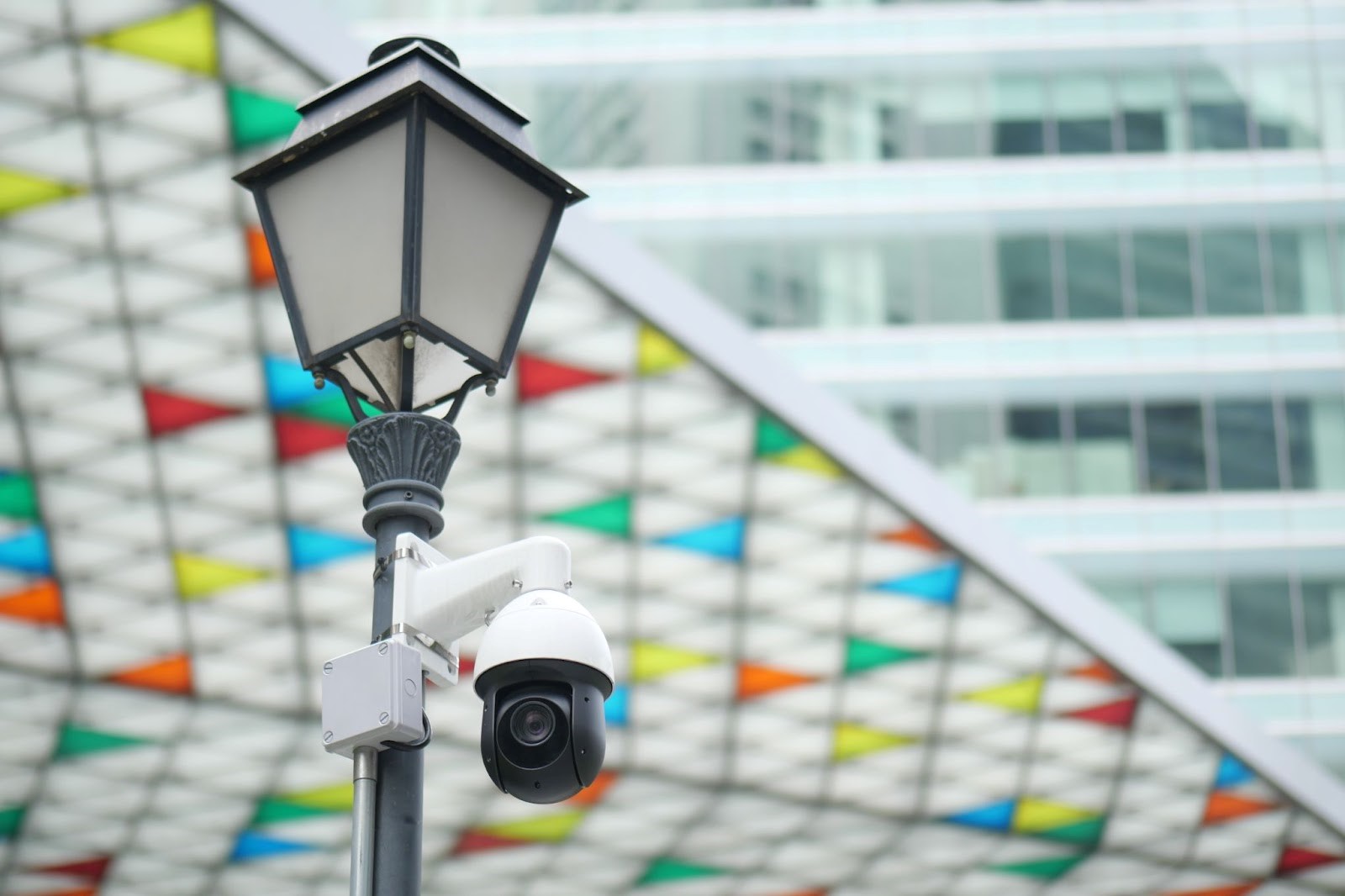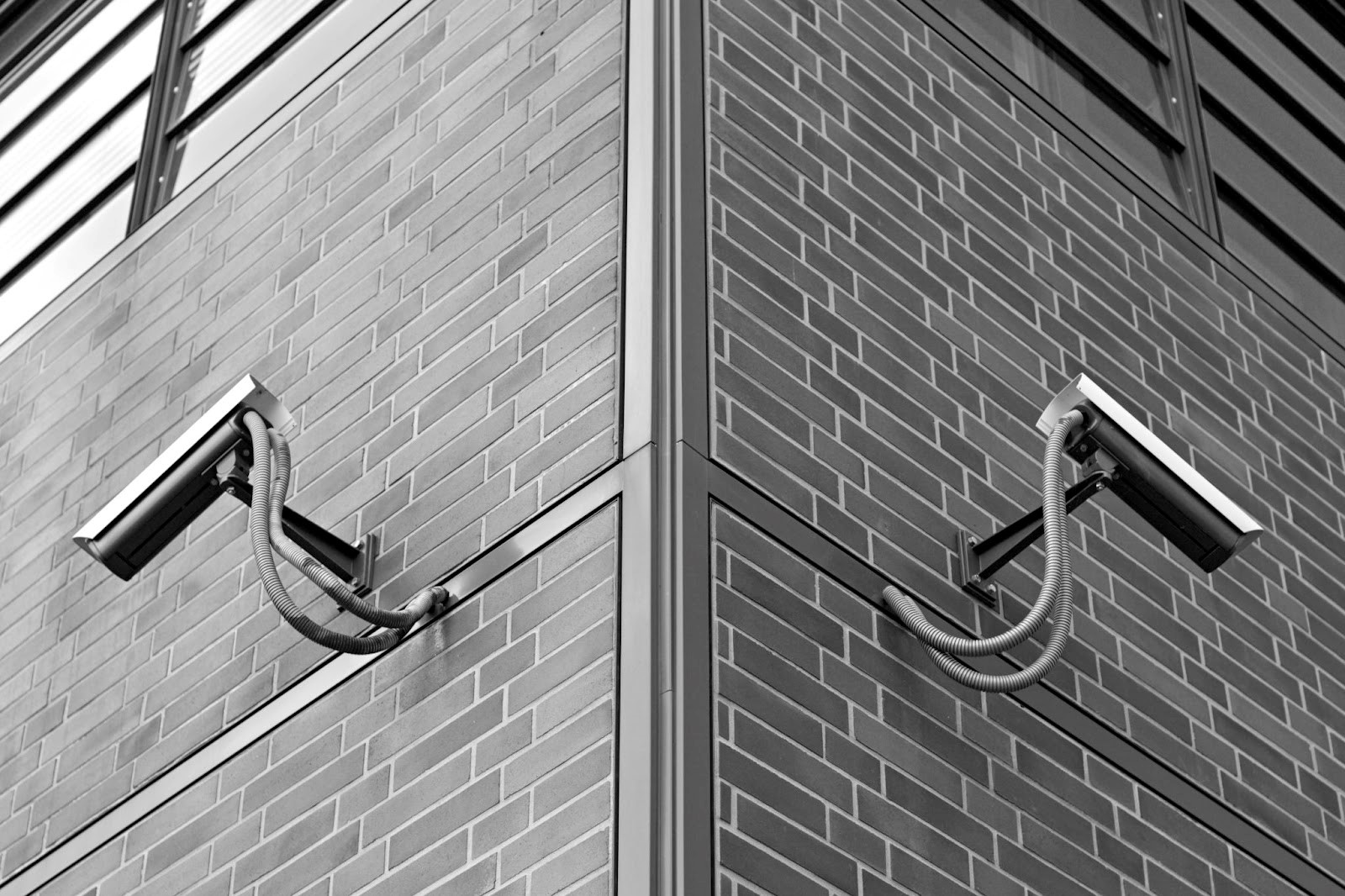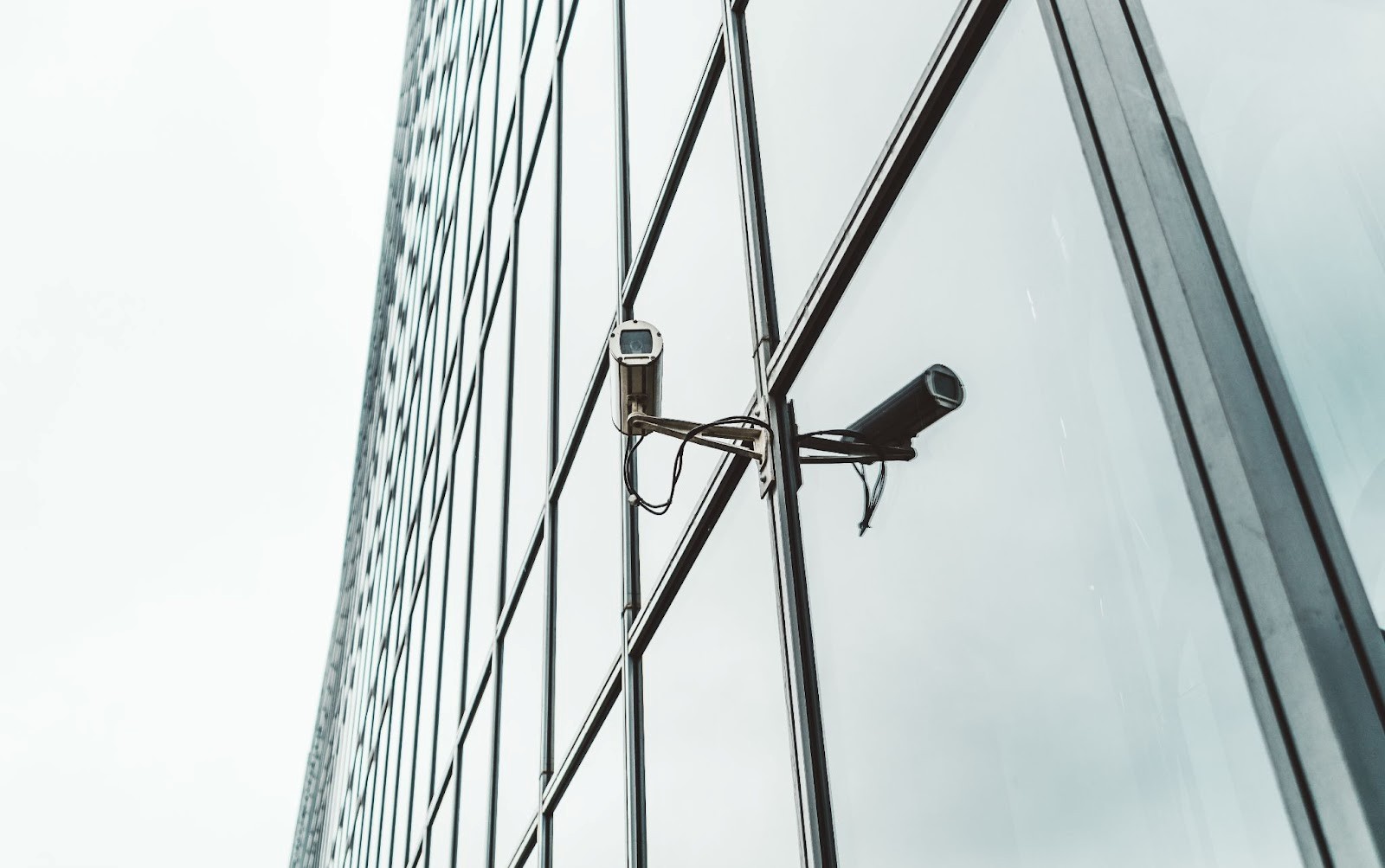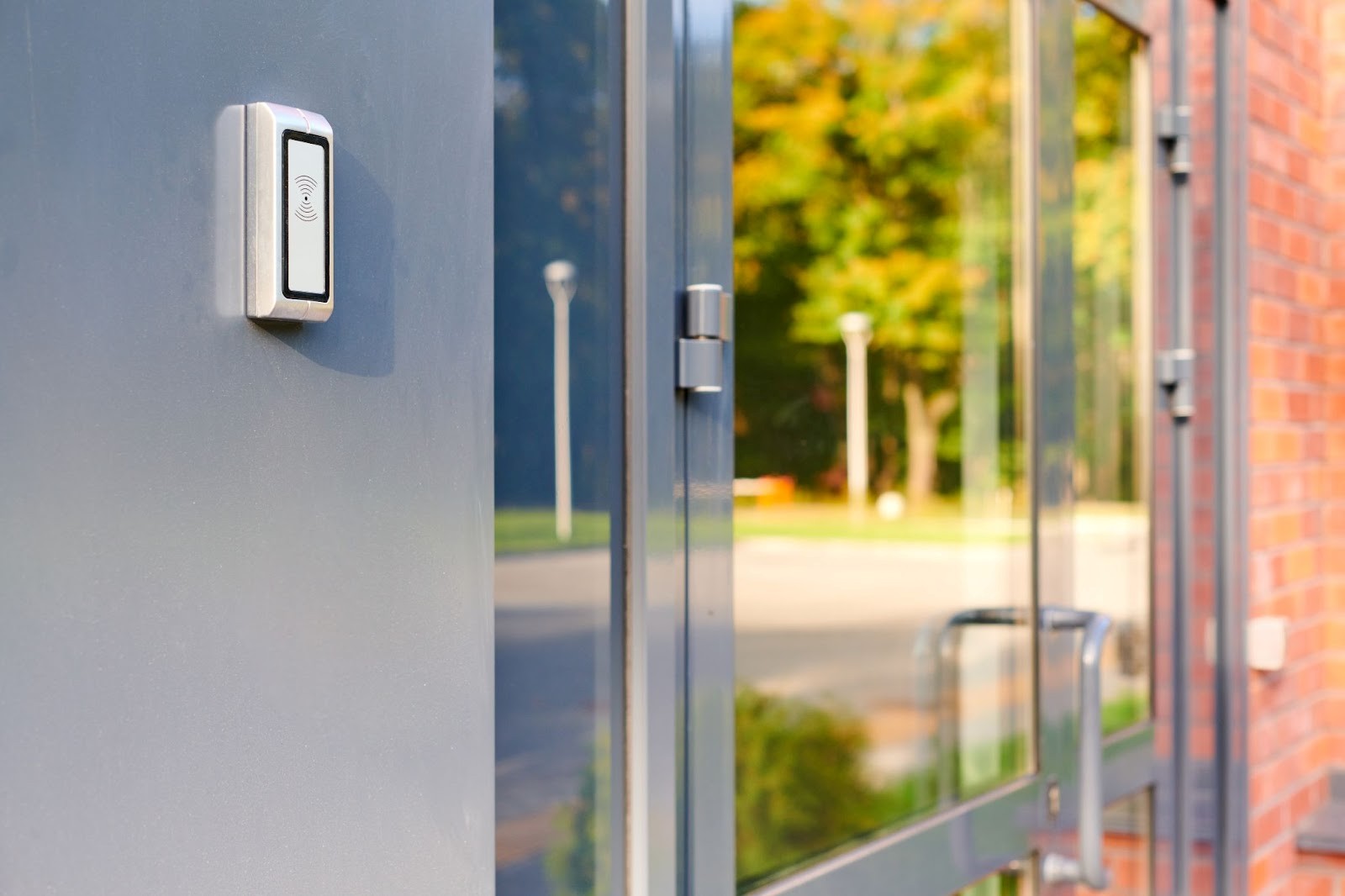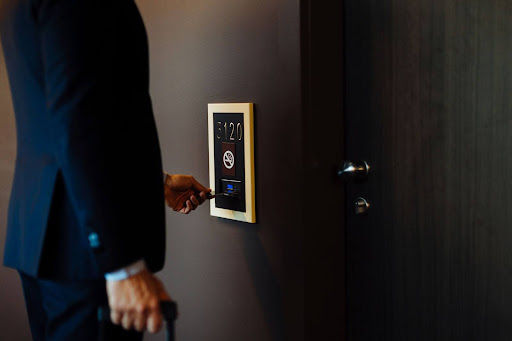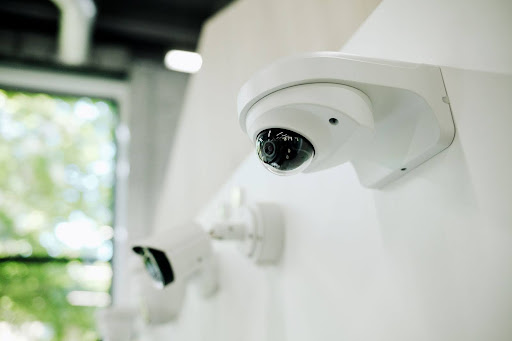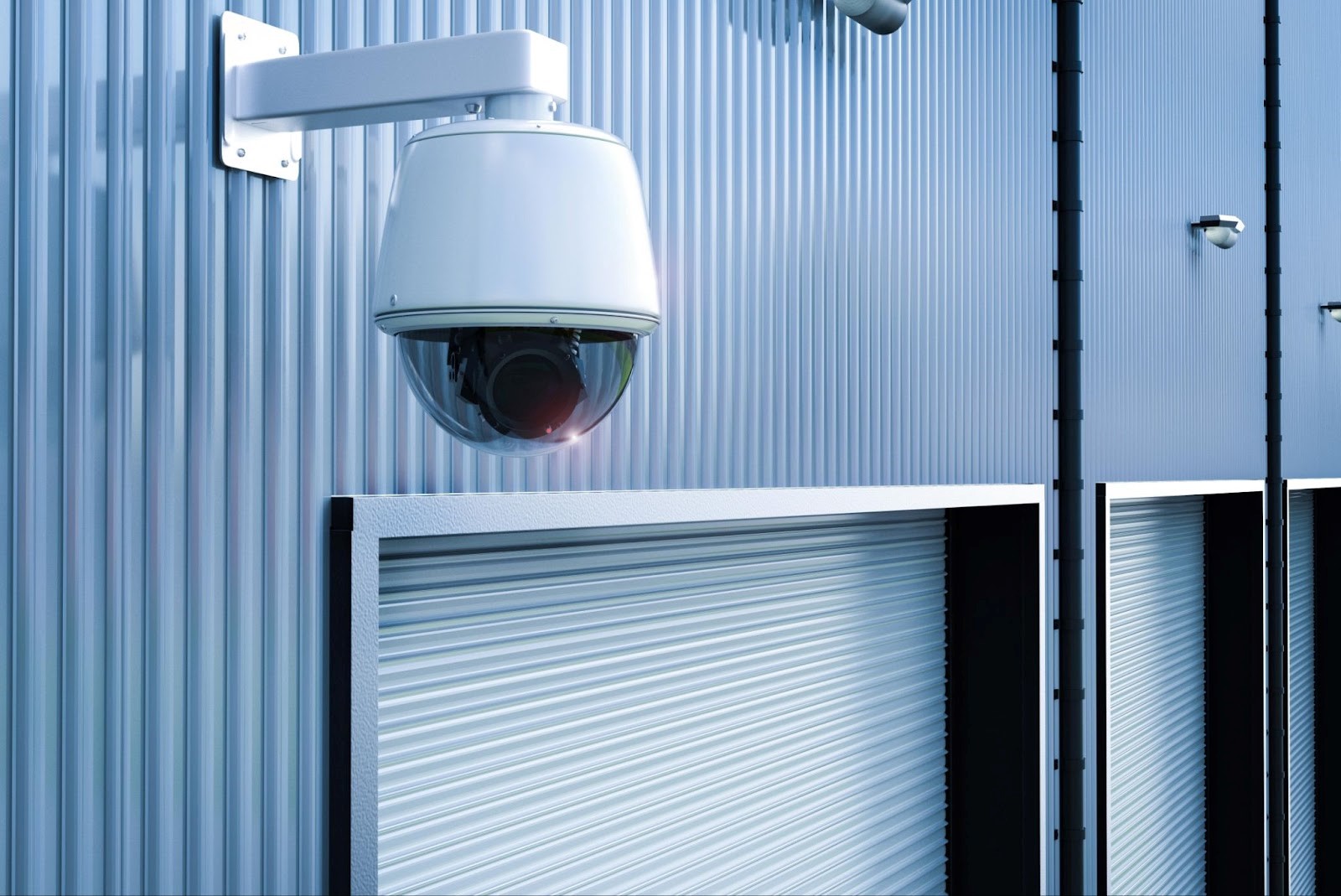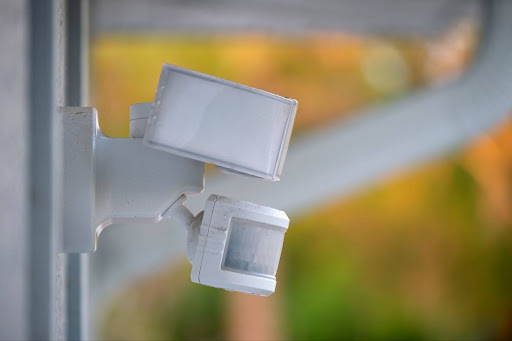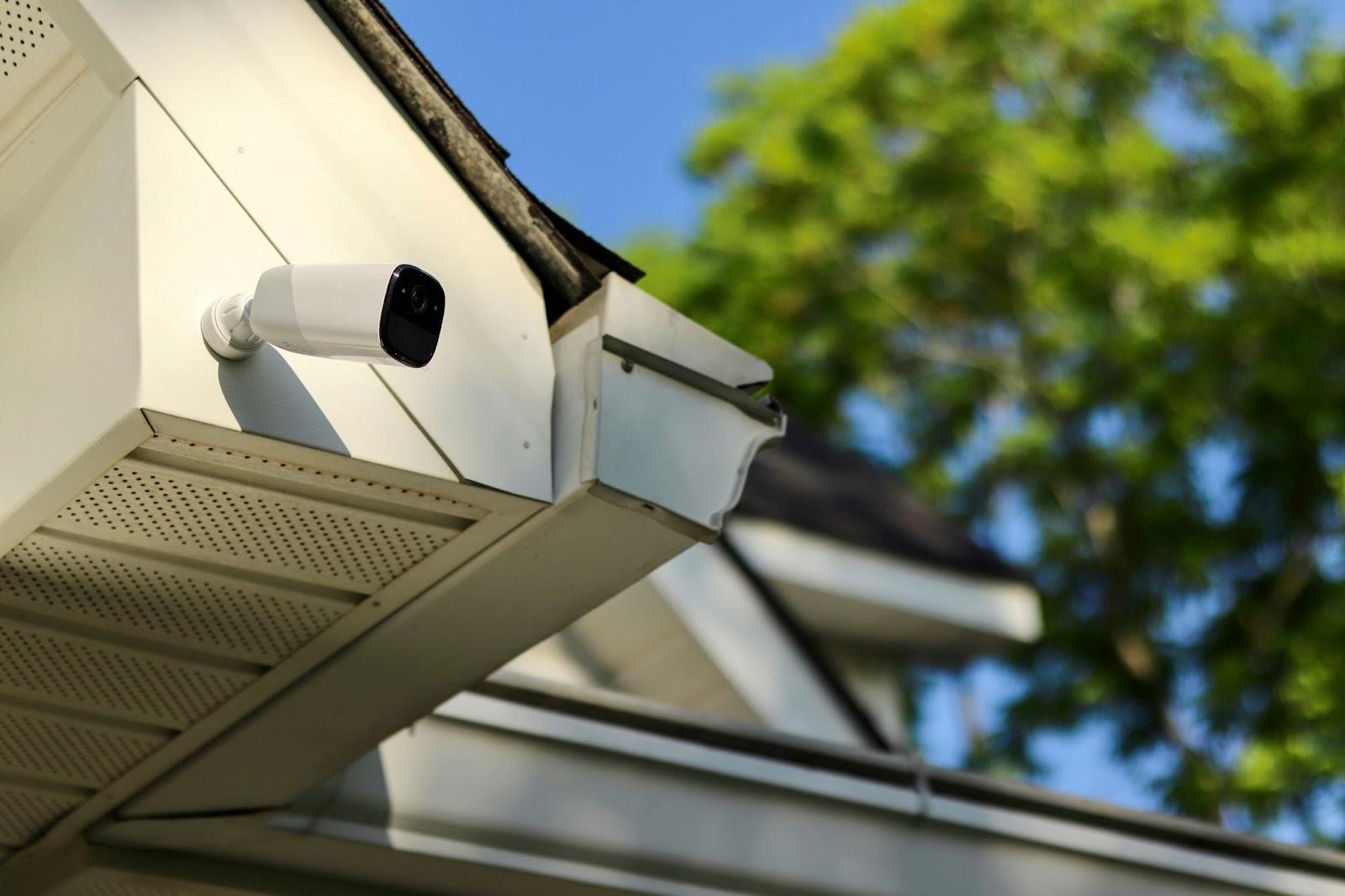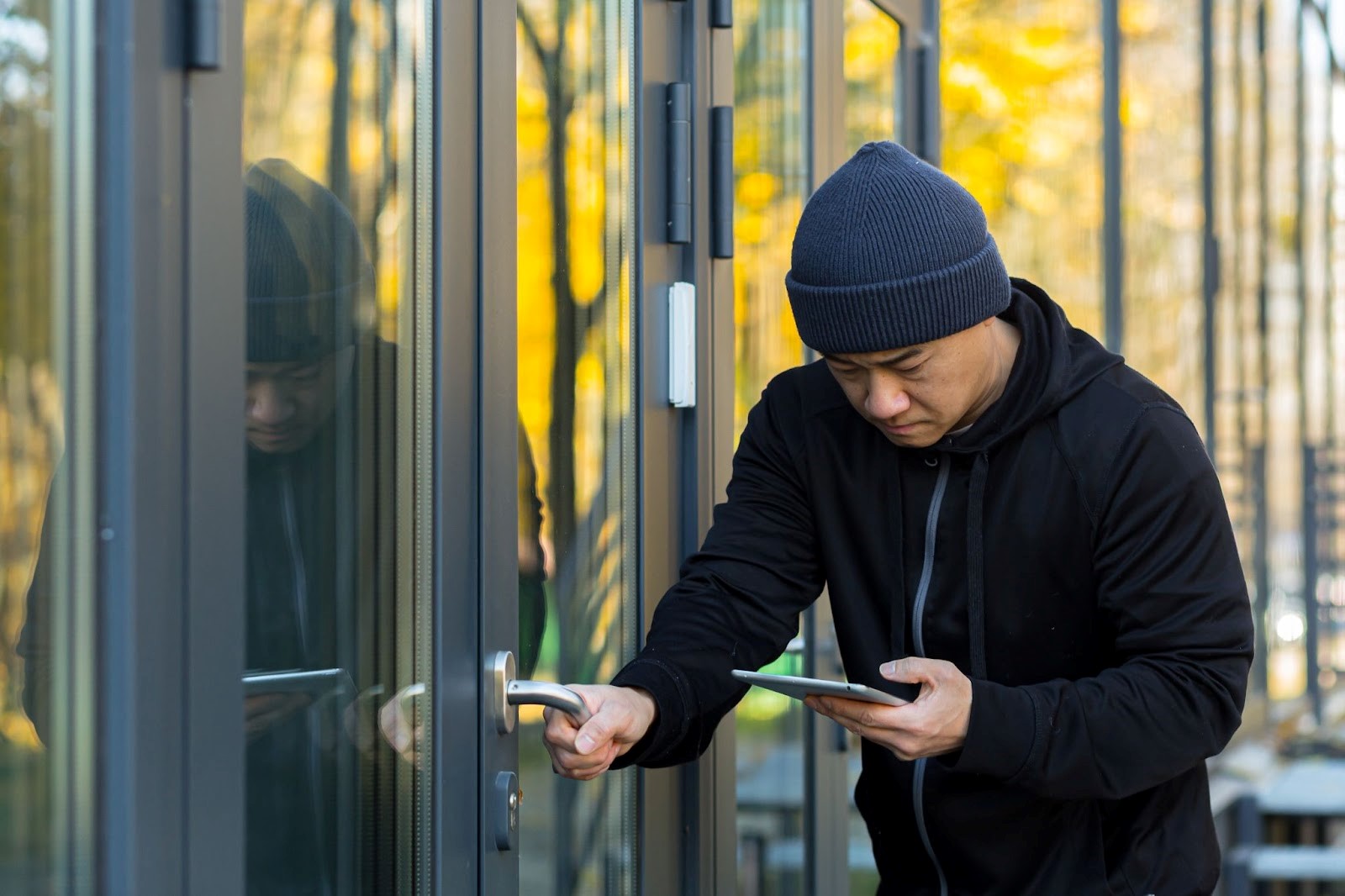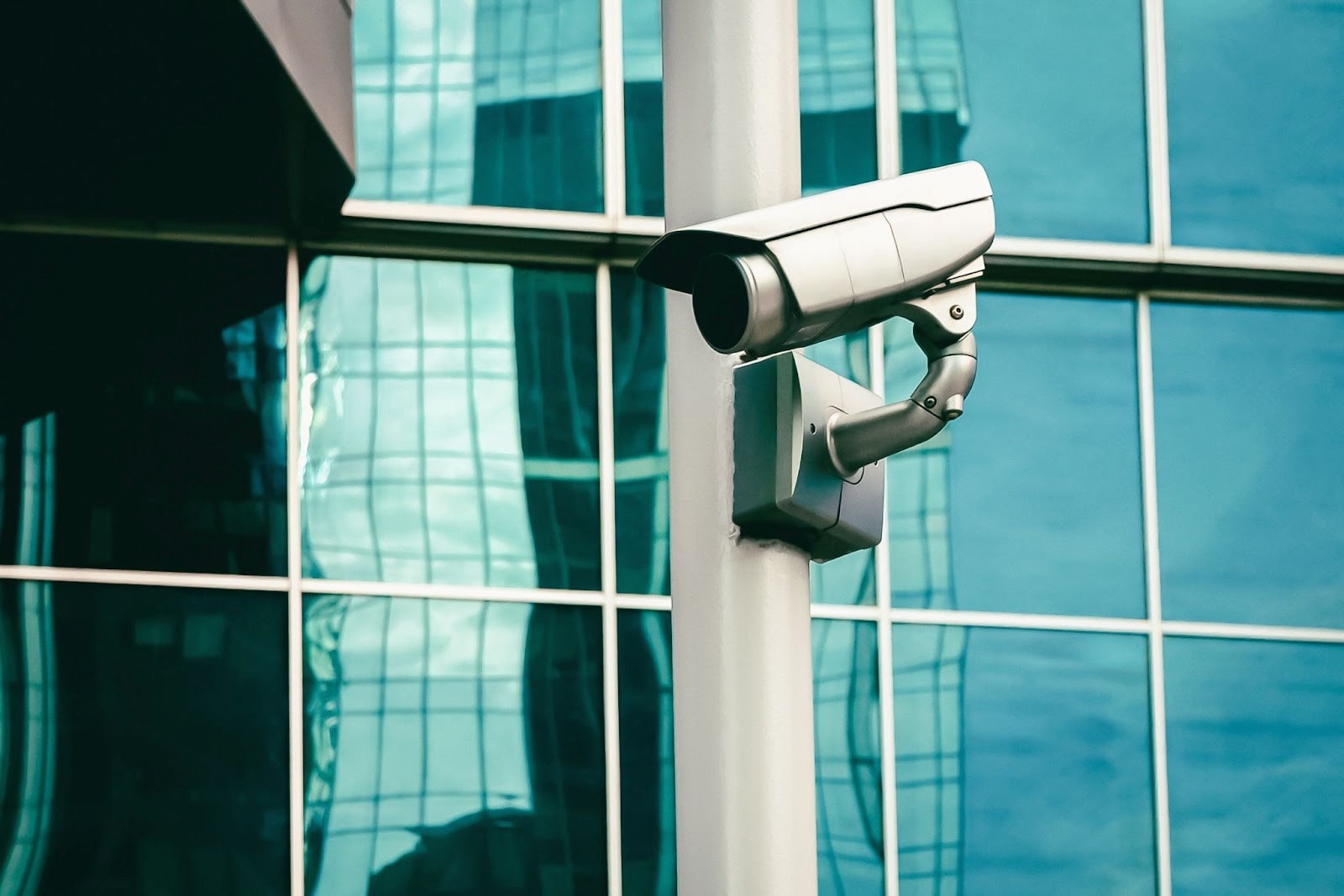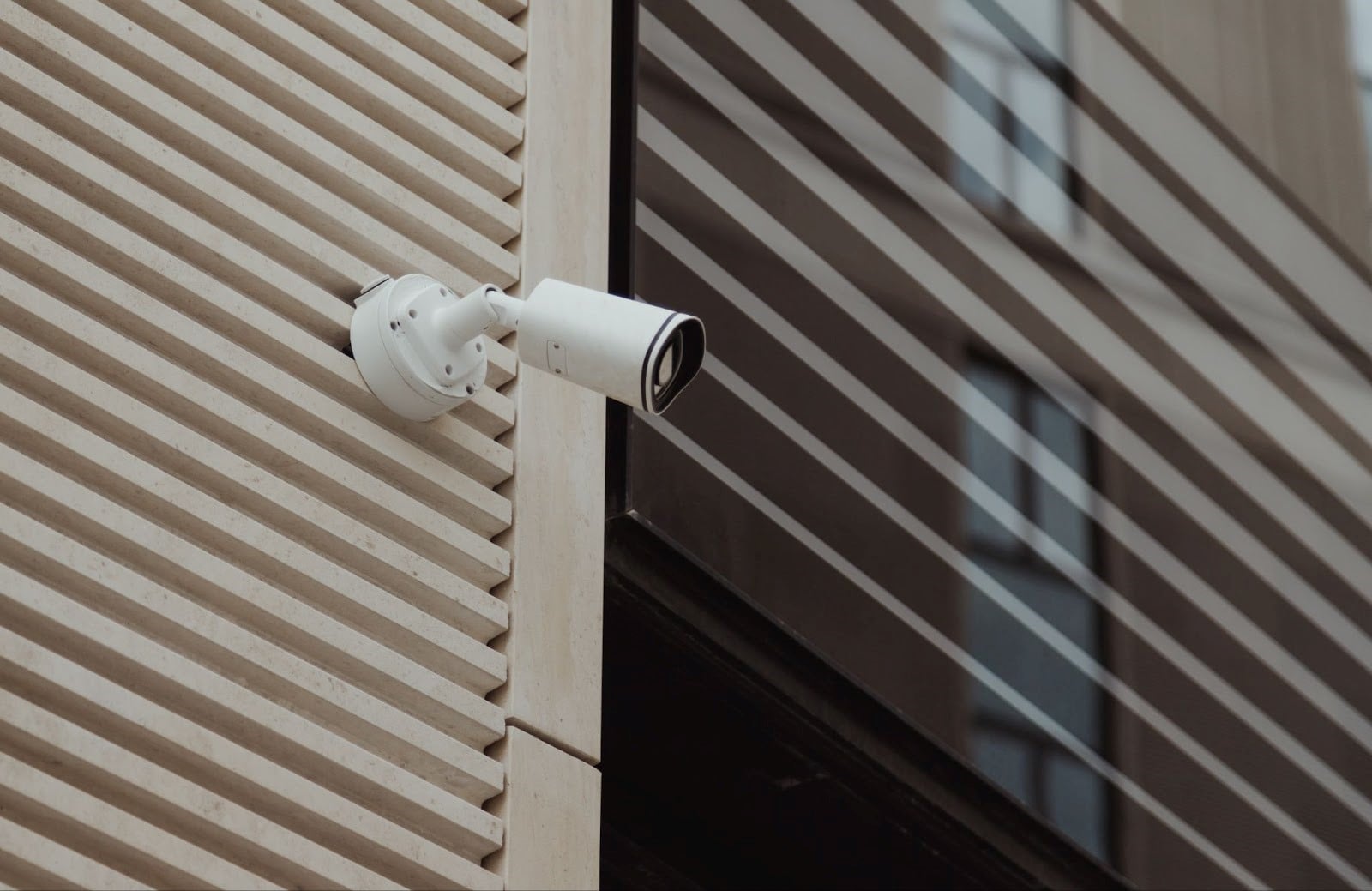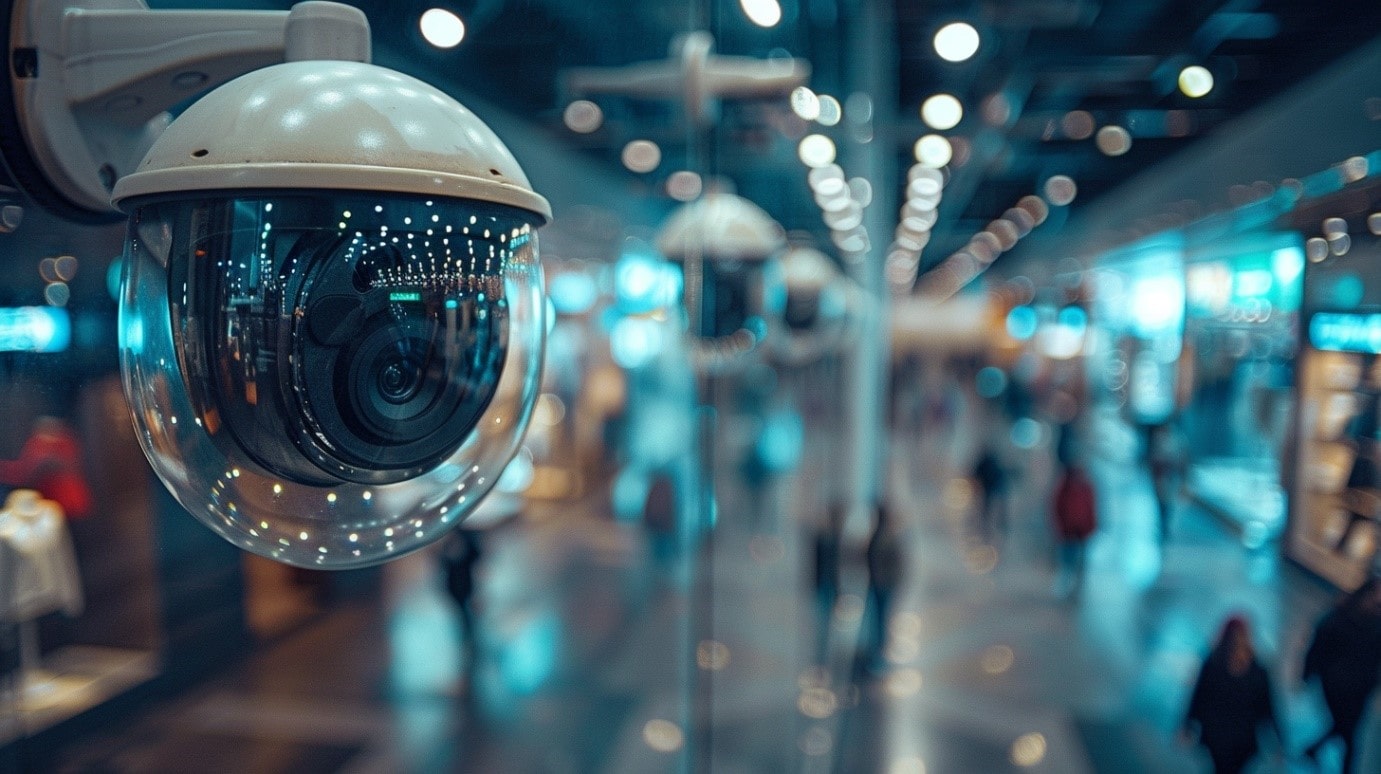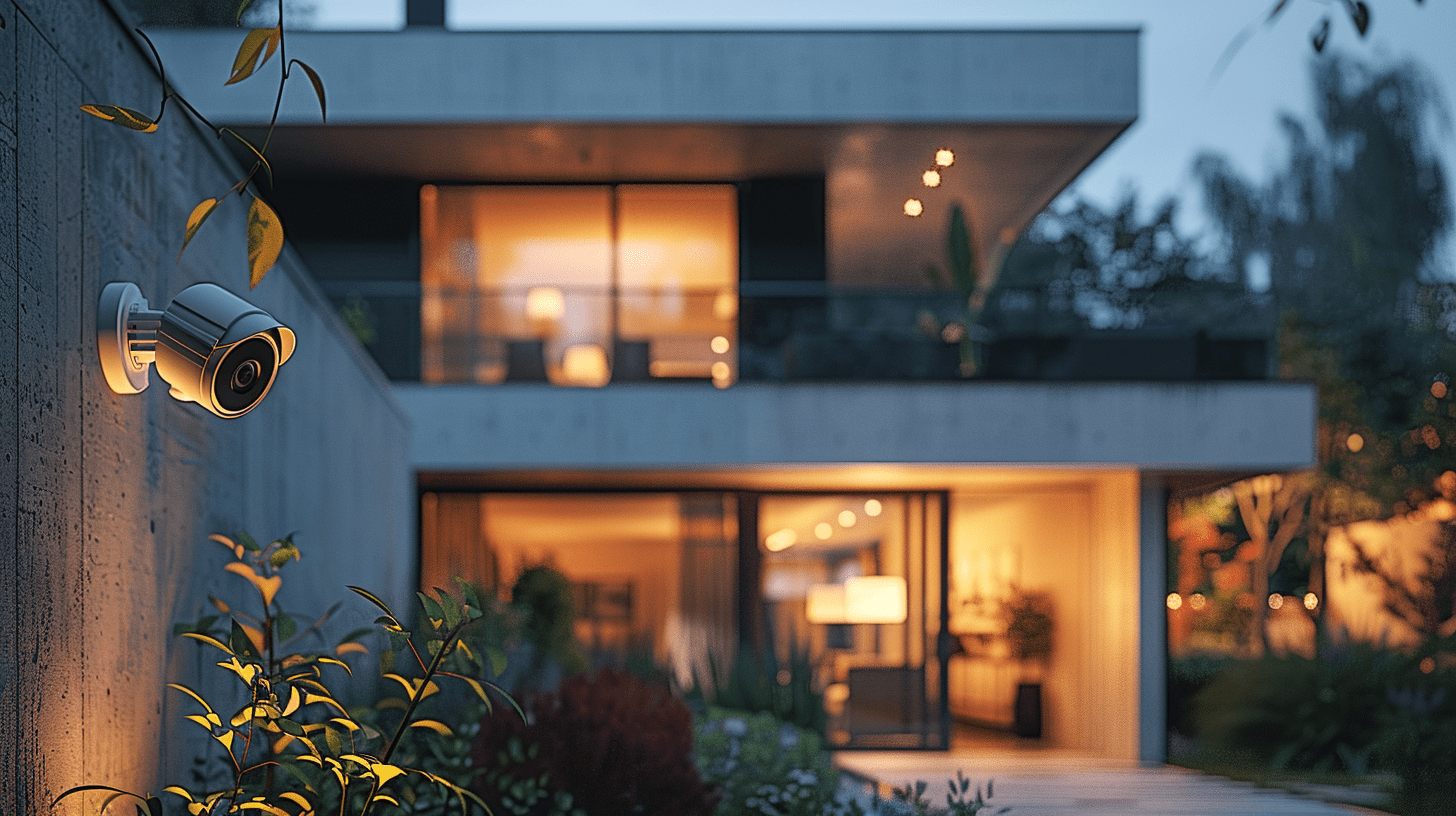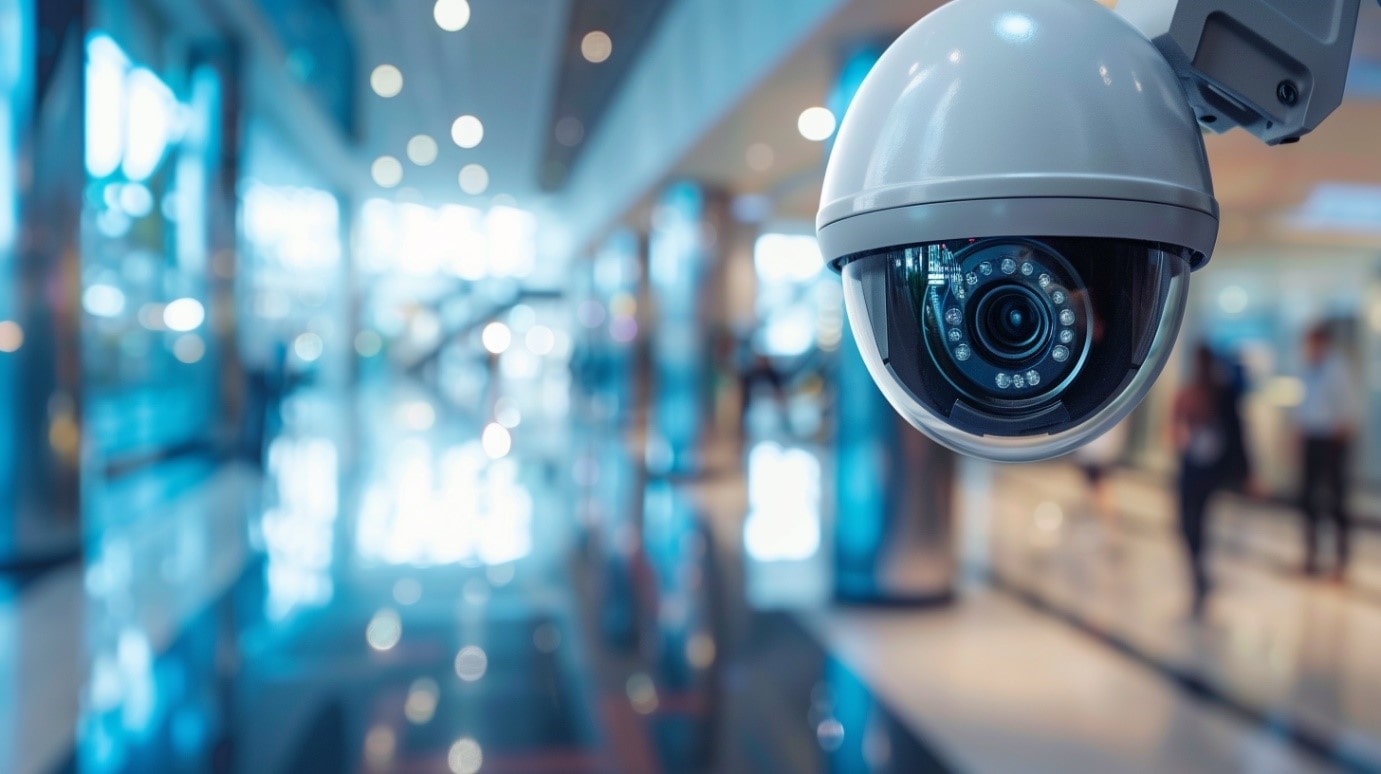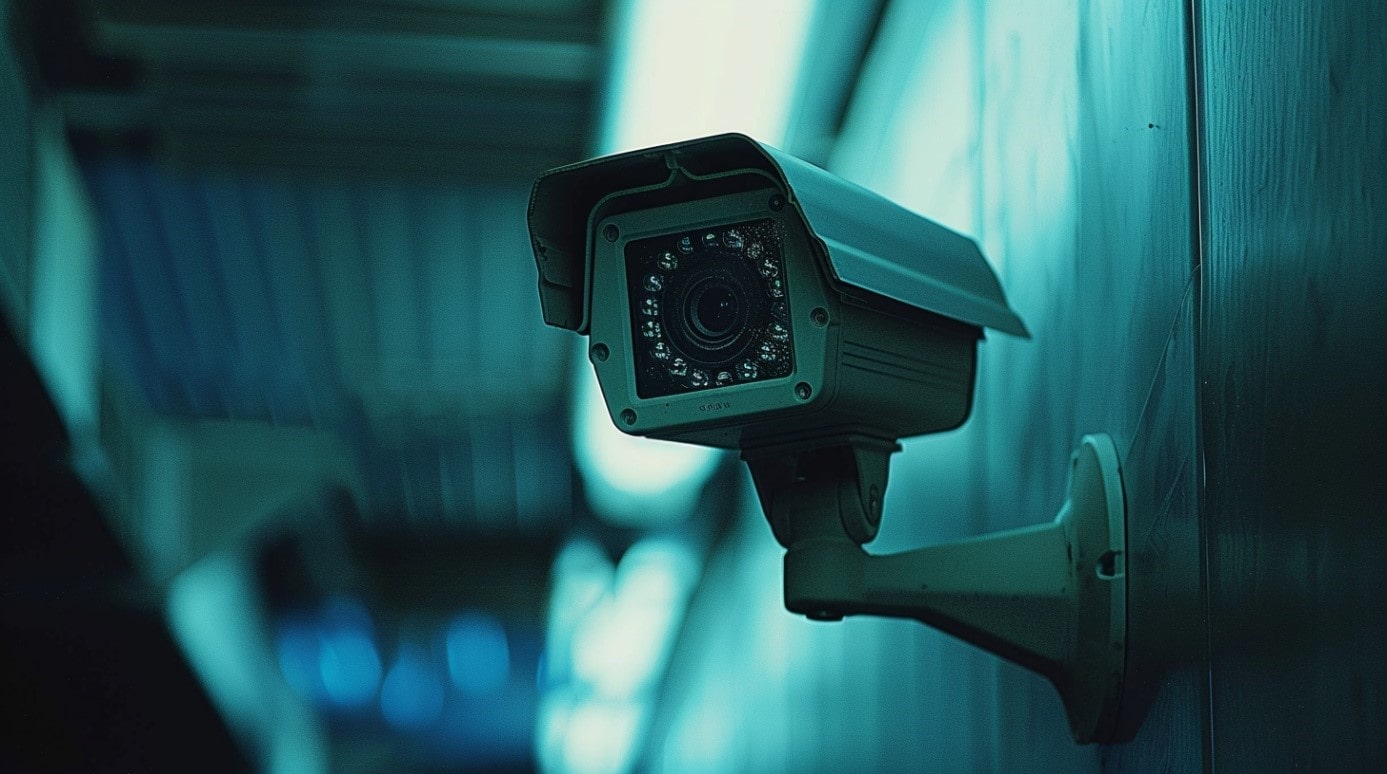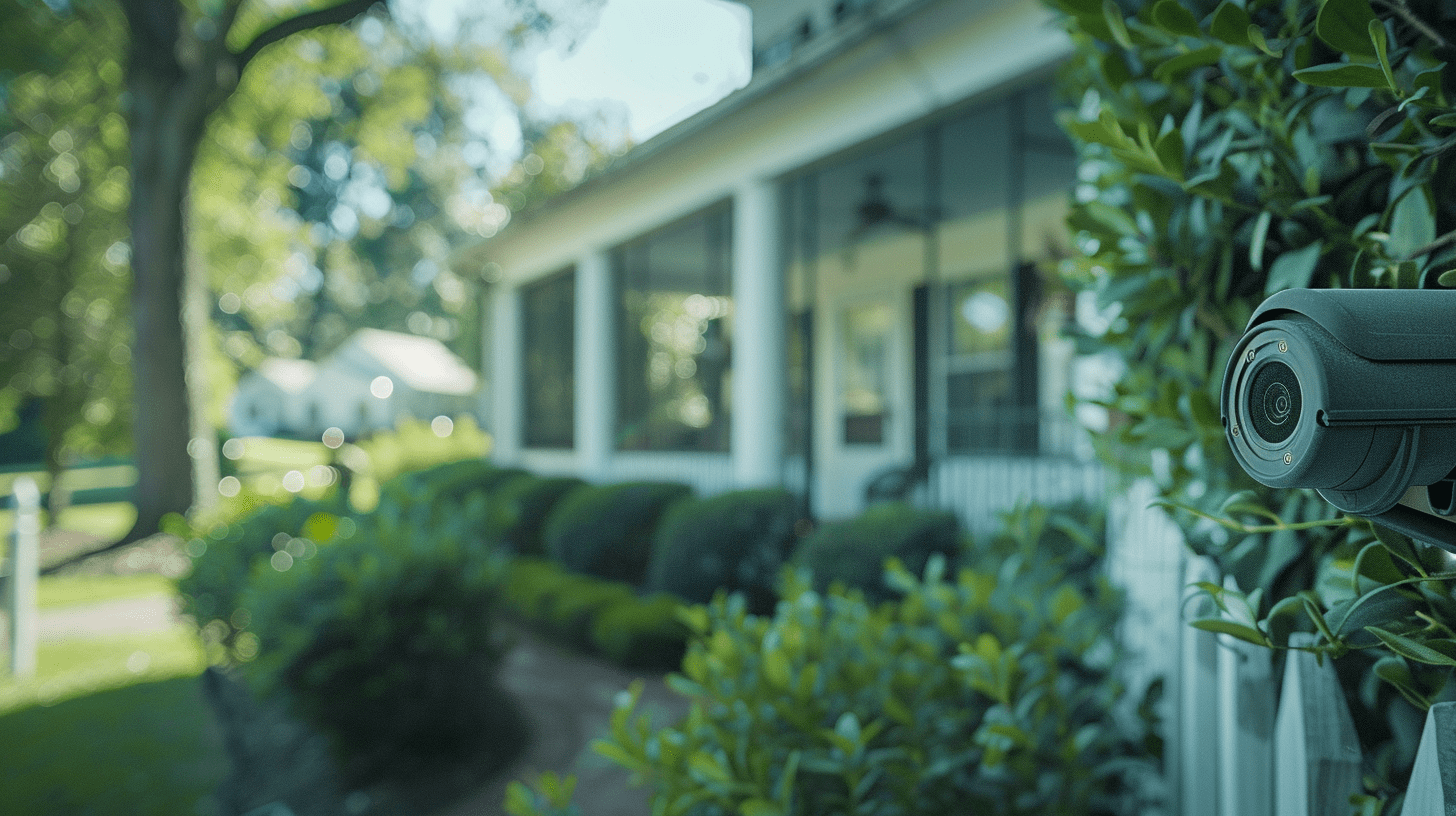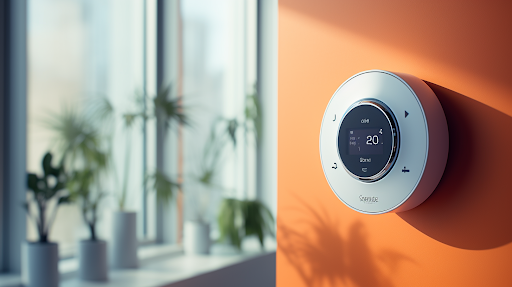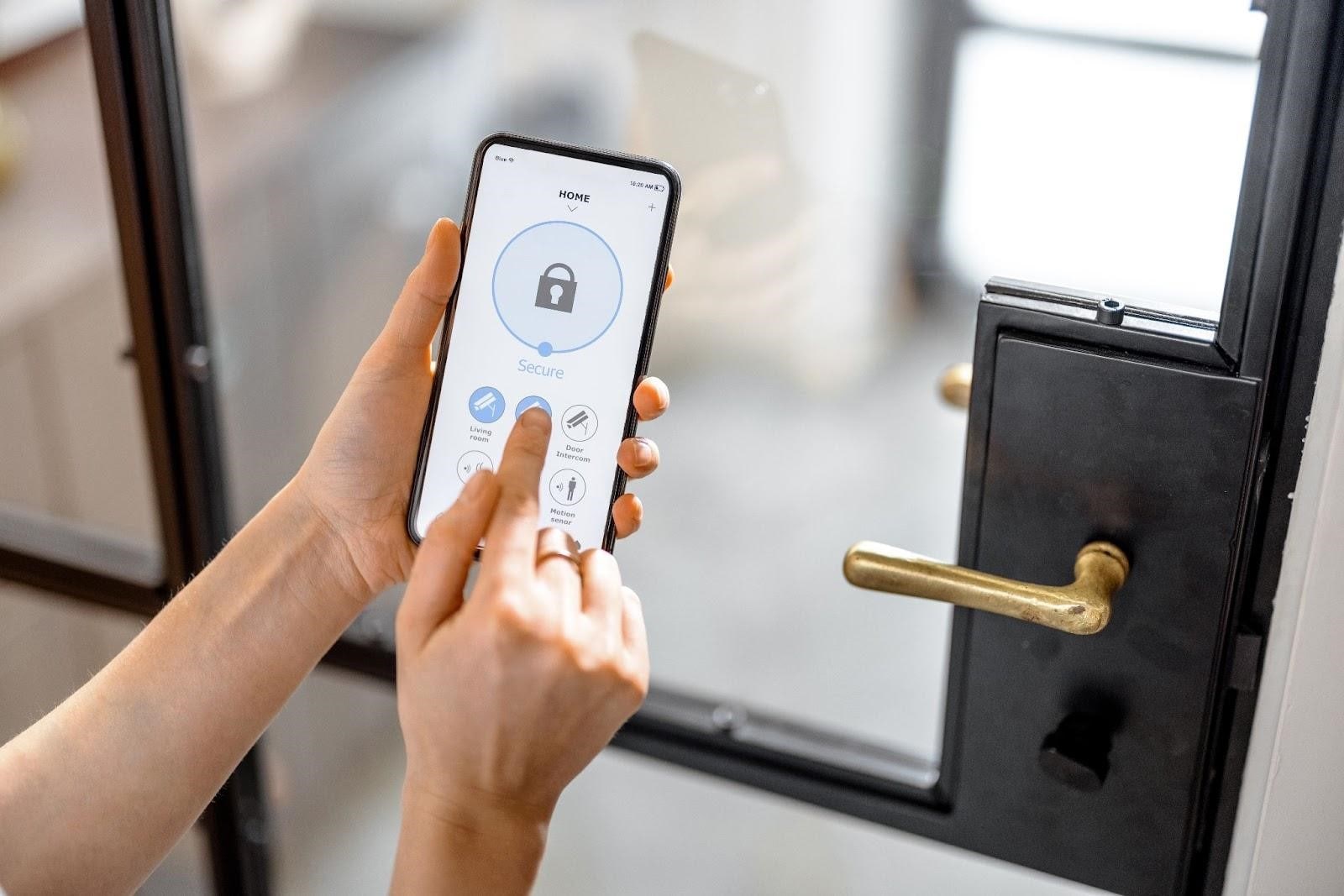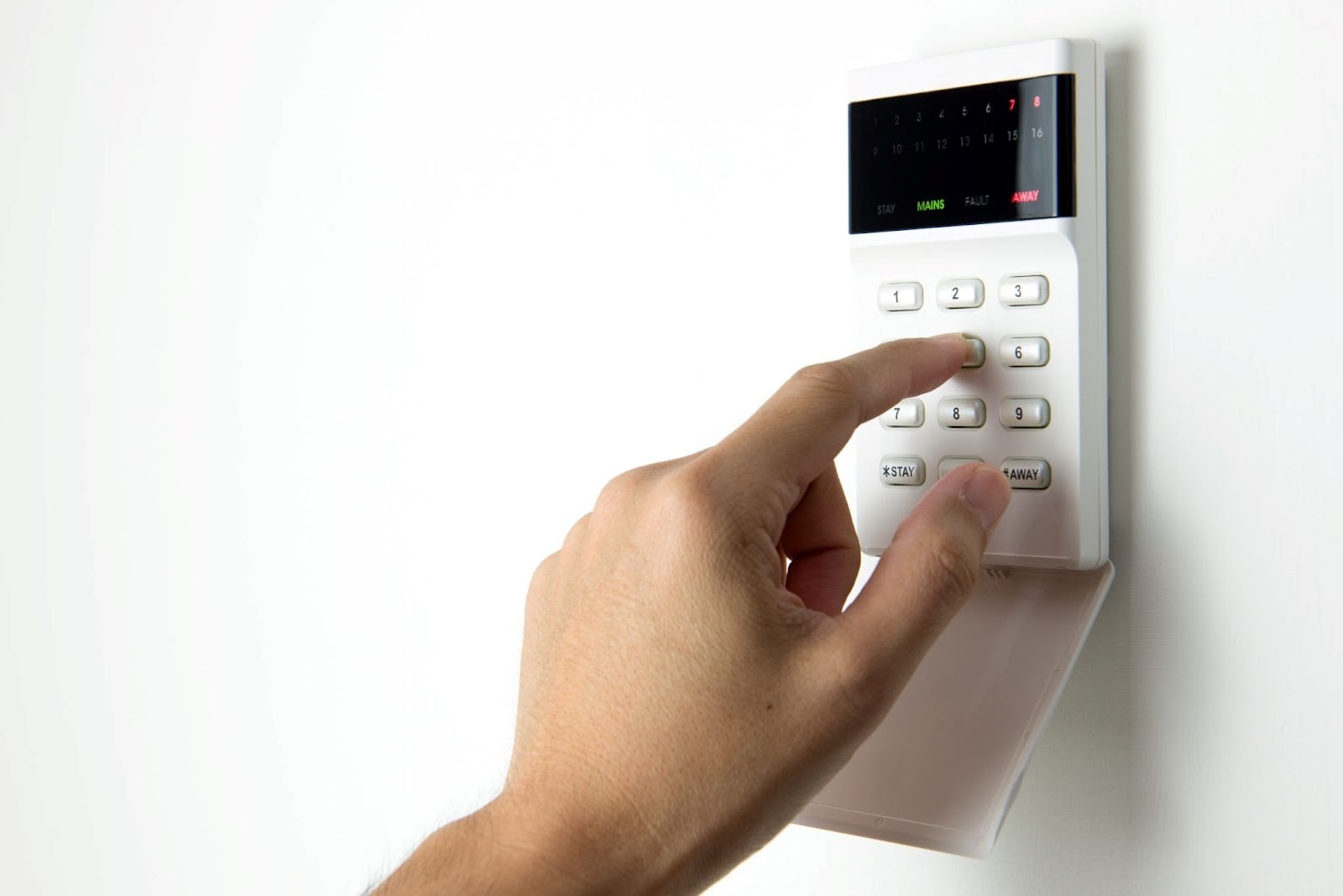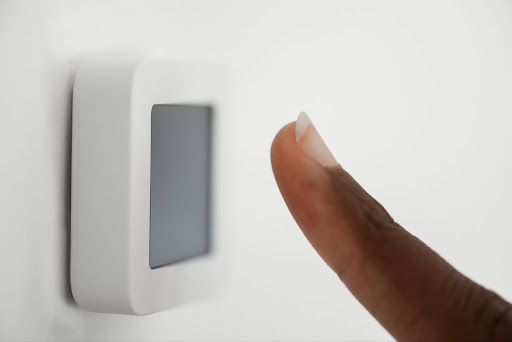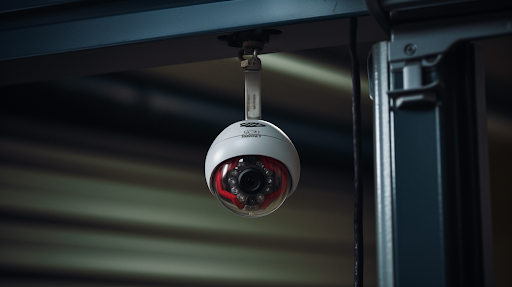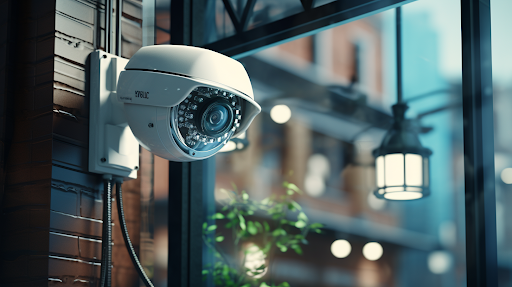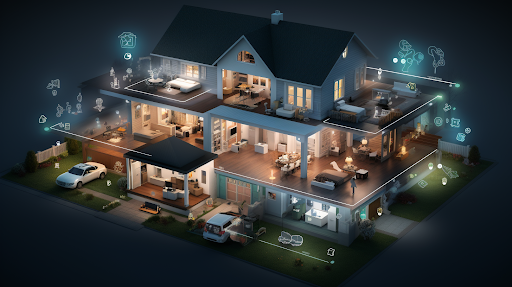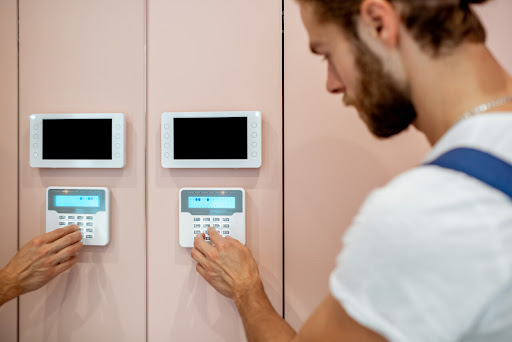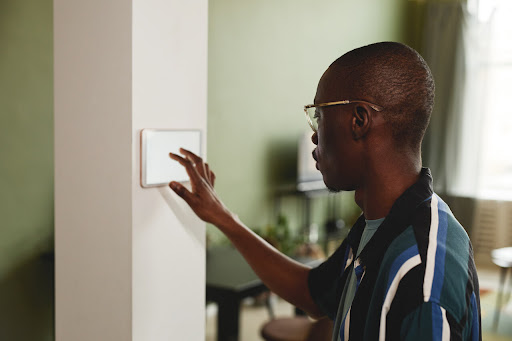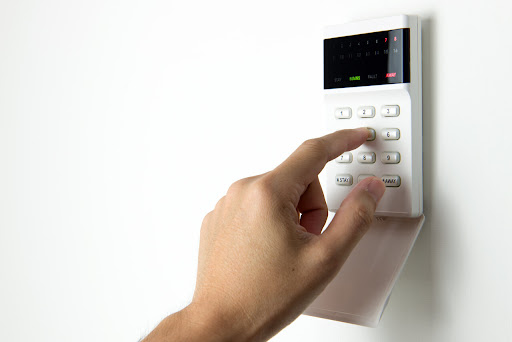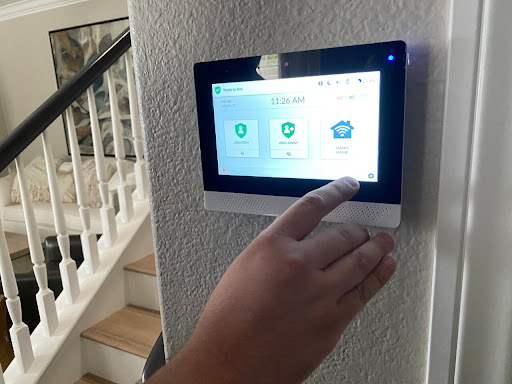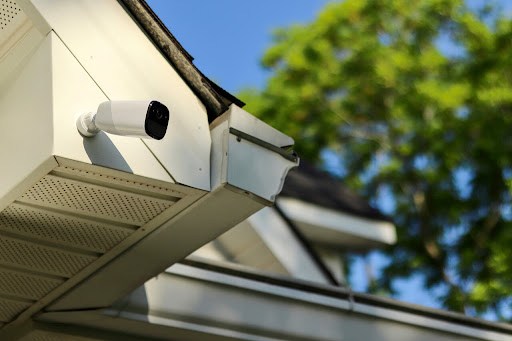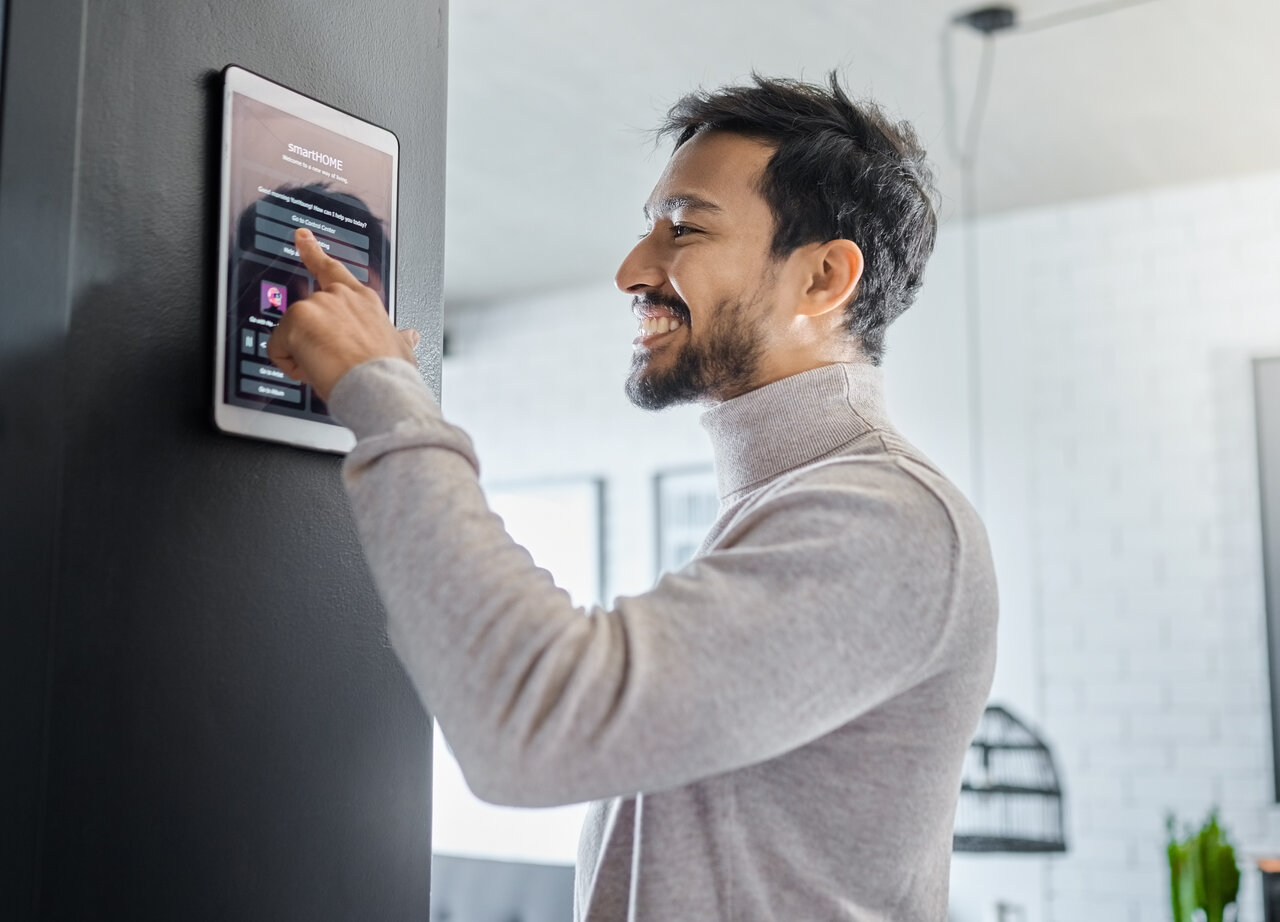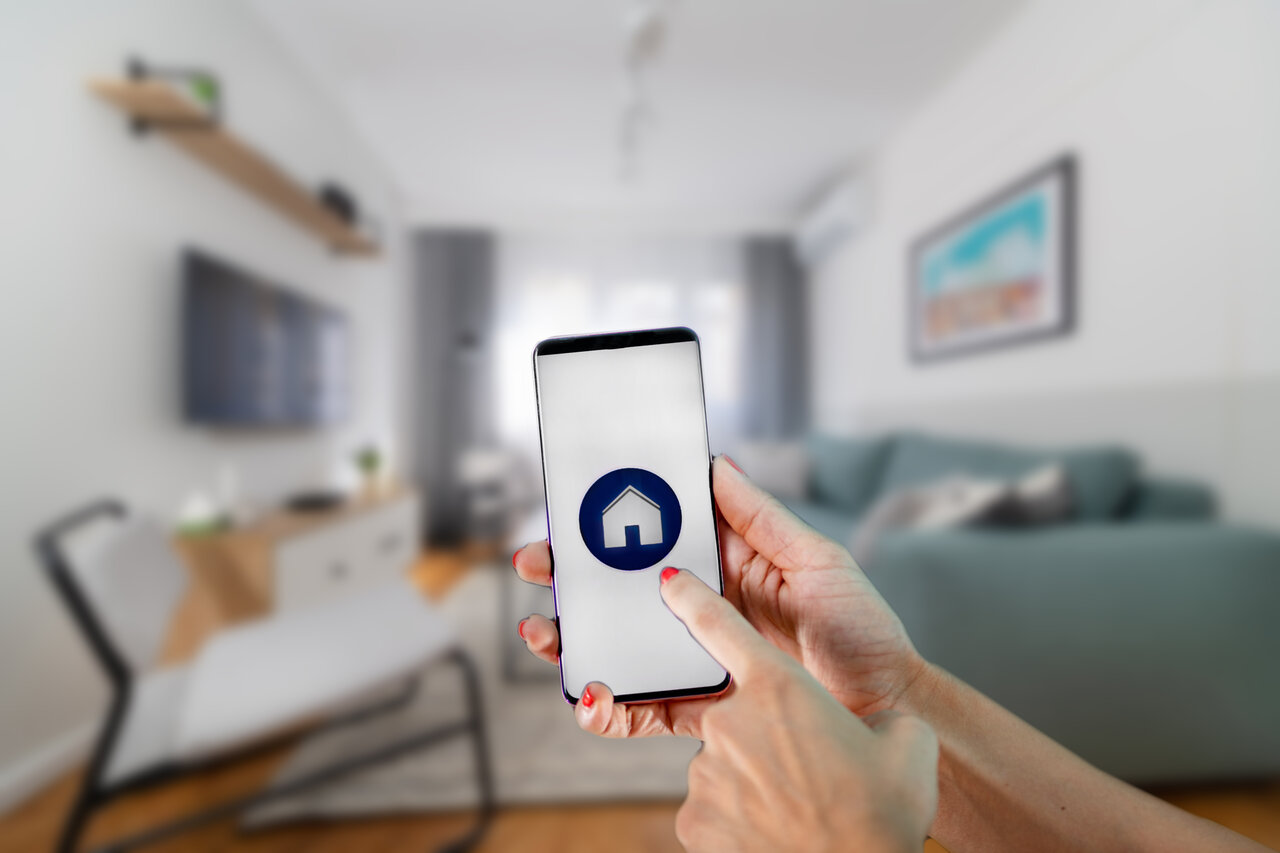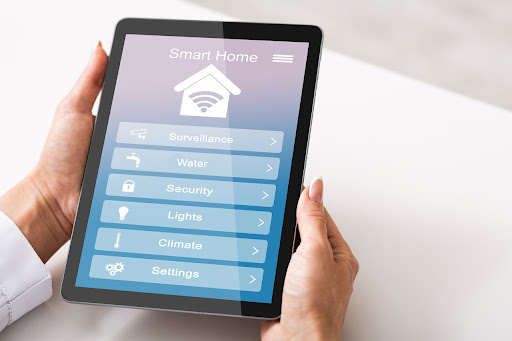
How Much Is A Smart Home System?
Sommaire
- What Is A Smart Home System?
- Types Of Smart Home Systems
- Home Entertainment
- Security
- Thermostats
- Lighting
- Benefits Of Installing Smart Technology
- What Is The Average Cost Of Smart Home Systems?
- Factors That Affect Smart Home System Prices
- Complexity and Scale
- Device Selection and Features
- Professional Installation vs. DIY
- Additional Wiring or Retrofitting
- Subscription Fees
- Brand and Market Competition
- Long-Term Cost Savings
- Do Smart Home Systems Come With A Warranty?
- Shop For Smart Home Systems
In today’s fast-paced digital era, the concept of a “smart home” has become increasingly popular among homeowners. From controlling the lights and temperature with a voice command to remotely monitoring security cameras, smart home systems offer a myriad of benefits that enhance convenience, comfort, and security. However, as with any new technology, one question lingers in the minds of potential adopters: “How much does a smart home system cost?”
In this blog post, we delve into the fascinating world of smart home technology and explore the factors that contribute to the overall cost of implementing a smart home system. While it’s true that the prices can vary significantly depending on individual preferences and requirements, we aim to provide a general overview of the costs involved to help you make an informed decision.
What Is A Smart Home System?
A smart home system is a connected network of smart devices that can be used to control the functions of a residence. These devices are powered by Wi-Fi and allow users to monitor and manage day-to-day activities like adjusting lights, thermostats, locks, security systems, blinds, and more remotely through an app or voice command. Smart homes provide convenience as well as safety for homeowners.
Smart home technology includes products such as smart thermostats, motion sensors, lighting controls, cameras, doorbells with video streaming capabilities, smoke detectors that link directly to fire departments, and much more. With these features integrated into one comprehensive system, it’s easy to see why many people are now choosing to invest in a smart home setup.
Types Of Smart Home Systems
The types of smart home devices range from basic ones that allow you to remotely control lights or thermostats with your smartphone, to more comprehensive offerings that include automated lighting systems, security cameras, smart door locks, and even video doorbells. Here are some of the most popular smart home devices:
Home Entertainment
Home entertainment automation is becoming increasingly popular with many affordable options available to enhance your viewing and listening experience. These systems make it easy to control all of your devices from one central hub, often right from your smartphone or a single remote control. Automating this system allows you to set up shortcuts and macros for quickly accessing streaming services, turning on any device, or even loading games quickly.
Security
Security systems are available to help protect against intruders, theft, and even disasters such as fire or water damage. Home security systems range from basic intruder alarms and doorbell cameras to whole-home automation setups that include smoke, fire, and water sensors, motion and door sensors, cameras and smart door locks. Depending on the features included, they can start at around $700 and go up to $5,000 or more. Smart home components like door locks generally cost between $150 and $400 while the cost of installing service cameras can run up to $2,500.
Install a home security system
Thermostats
Smart thermostats provide homeowners with an unparalleled level of control over their home’s temperature. By relying on the Internet, users can adjust temperatures to suit their needs from virtually anywhere in the world. The cost of investment for such convenience is relatively low, ranging from $70 to $280 dollars.
Lighting
By investing in smart lighting solutions, you can create a truly custom experience to meet the needs of your home or business and save energy in the process. Fully automated whole-home lighting systems can cost between $1,000 and $3,000 with installation that includes smart lamps, light switches, and light bulbs.
Benefits Of Installing Smart Technology
Installing a smart home system is an attractive option for many homeowners. Not only do they come with the promise of convenience and comfort, but they can also help you save on energy costs over time. With various types of smart home systems available, from security products to automation systems, there are plenty of options to choose from.
Here are some of the key benefits of smart home systems:
- Monitor your home remotely;
- Additional security monitoring;
- Real-time information about your home;
- Increased convenience;
- Reduced energy consumption;
- Increased property value.
What Is The Average Cost Of Smart Home Systems?
The average cost of a smart home automation system can vary significantly depending on several factors, including the size of the home, the desired level of automation, the number of devices and components involved, and the complexity of the installation. However, to provide a general idea, let’s explore the typical cost ranges for different aspects of a smart home system:
- Smart home hubs: A central hub or controller is often the backbone of a smart home system, enabling communication and control between various devices. The cost of a smart home hub can range from around $50 to $300, depending on the brand, features, and compatibility with other devices.
- Smart speakers and displays: Voice-controlled devices, such as smart speakers like Amazon Echo or Google Home, provide convenient access to various smart home functions. These devices typically range in price from $50 to $200, depending on the brand and features. Smart displays with built-in voice assistants may cost slightly more.
- Lighting systems: Smart lighting allows you to control your lights remotely, adjust brightness, and even change colors. The cost of smart bulbs varies, but on average, you can expect to pay between $10 and $50 per bulb. However, for a whole-home lighting setup, including switches or dimmers, the cost can range from a few hundred dollars to over a thousand dollars.
- Thermostats: Smart thermostats offer energy-saving features and allow you to control the temperature of your home remotely. Depending on the brand and features, the cost of a smart thermostat can range from $100 to $300.
- Security devices: Smart home security systems include components like cameras, door/window sensors, motion detectors, and smart locks. The cost of a basic security system can start at around $200 and can go up to several thousand dollars for a comprehensive setup with multiple cameras and advanced features.
- Entertainment systems: If you’re looking to integrate your home theater or audio system into your smart home setup, costs will depend on the complexity and number of devices involved. Smart TVs, streaming devices, and sound systems can range from a few hundred dollars to several thousand dollars.
- Installation and setup: DIY installation can save money, but for complex systems or those requiring professional expertise, it may be necessary to hire a professional installer. Installation costs can vary, but budgeting a few hundred to a few thousand dollars for professional installation is a reasonable estimate.
It’s important to note that these are average price ranges, and the actual costs can be higher or lower depending on the specific products, brands, and additional features you choose. Additionally, ongoing costs, such as subscriptions for cloud services or advanced features, should be considered. When budgeting for a smart home system, it’s essential to prioritize your needs and determine which components are most important to you. This will help you allocate your budget wisely and create a smart home system that aligns with your preferences.
Factors That Affect Smart Home System Prices
Several factors can influence the prices of smart home systems. Understanding these factors will help you assess the costs associated with implementing a smart home system and make informed decisions. Here are some key factors that can affect smart home system prices:
Complexity and Scale
The complexity and scale of your smart home system can have a significant impact on the overall cost. Larger homes or homes with multiple floors and rooms may require more devices and components, leading to higher costs. Additionally, if you opt for a comprehensive system that integrates various aspects like lighting, security, heating/cooling, and entertainment, the price will be higher compared to a more basic setup.
Device Selection and Features
The specific devices and features you choose will affect the overall cost. Different brands and models offer varying levels of functionality and quality, which can influence the price. For example, advanced features like voice control, energy monitoring, and compatibility with other smart home ecosystems may come at a higher cost.
Professional Installation vs. DIY
The method of installation can impact the cost of a smart home system. DIY installation can save money as you won’t need to hire a professional, but it may require more time and effort on your part. On the other hand, opting for professional installation ensures proper setup and integration but will incur additional costs for labor and expertise.
Additional Wiring or Retrofitting
Depending on the existing infrastructure of your home, you may need to invest in additional wiring or retrofitting to enable seamless integration of smart home devices. This can increase the overall cost, especially if extensive electrical or networking work is required.
Subscription Fees
Some smart home systems, particularly those that rely on cloud-based services or advanced features, may come with ongoing subscription fees. These fees can vary depending on the provider and the services offered, so it’s important to factor them into your budget when considering the total cost of ownership.
Brand and Market Competition
Different brands and manufacturers offer a range of smart home products, and their pricing can vary. The competitive nature of the market can lead to variations in prices for similar devices. It’s essential to research different brands, read reviews, and compare prices to find the right balance between quality, functionality, and cost.
Long-Term Cost Savings
While the initial investment in a smart home system can be significant, it’s important to consider the potential long-term cost savings. Energy-efficient features, such as smart thermostats and lighting controls, can help reduce utility bills over time. Enhanced security systems can potentially lead to savings on insurance premiums. Evaluating the long-term benefits and cost savings can provide a broader perspective on the overall value of a smart home system.
Do Smart Home Systems Come With A Warranty?
Yes, smart home systems typically come with warranties, although the specifics can vary depending on the manufacturer and the individual products within the system. Most manufacturers offer warranties to ensure that their products are free from defects in materials and workmanship for a specified period of time.
The duration of warranties can vary, but it’s common to see warranties ranging from one to three years for smart home devices. Some manufacturers may offer extended warranties or additional protection plans for an additional cost. It’s important to carefully review the warranty terms and conditions provided by the manufacturer before making a purchase. The warranty usually covers repairs or replacements for devices that malfunction or fail due to manufacturing defects within the warranty period.
However, warranties typically do not cover damage caused by improper installation, accidents, misuse, or normal wear and tear. To make a warranty claim, you’ll generally need to provide proof of purchase, such as a receipt or invoice, and follow the specific procedures outlined by the manufacturer. It’s advisable to register your smart home devices with the manufacturer to ensure that you receive warranty coverage and any necessary updates or notifications.
If you encounter any issues with your smart home devices, it’s best to contact the manufacturer’s customer support or consult their website for guidance on warranty claims and repairs. They will be able to provide you with the necessary assistance and information to address any warranty-related concerns.
Shop For Smart Home Systems
Smart homes and automation technology are key assets in any home. They provide safety and security as well as a way to conveniently run your home. At Sting Security, we understand the importance of equipping your house with a state-of-the-art smart security system to give you peace of mind. Whether you need a residential or commercial security system, we are here to help.








